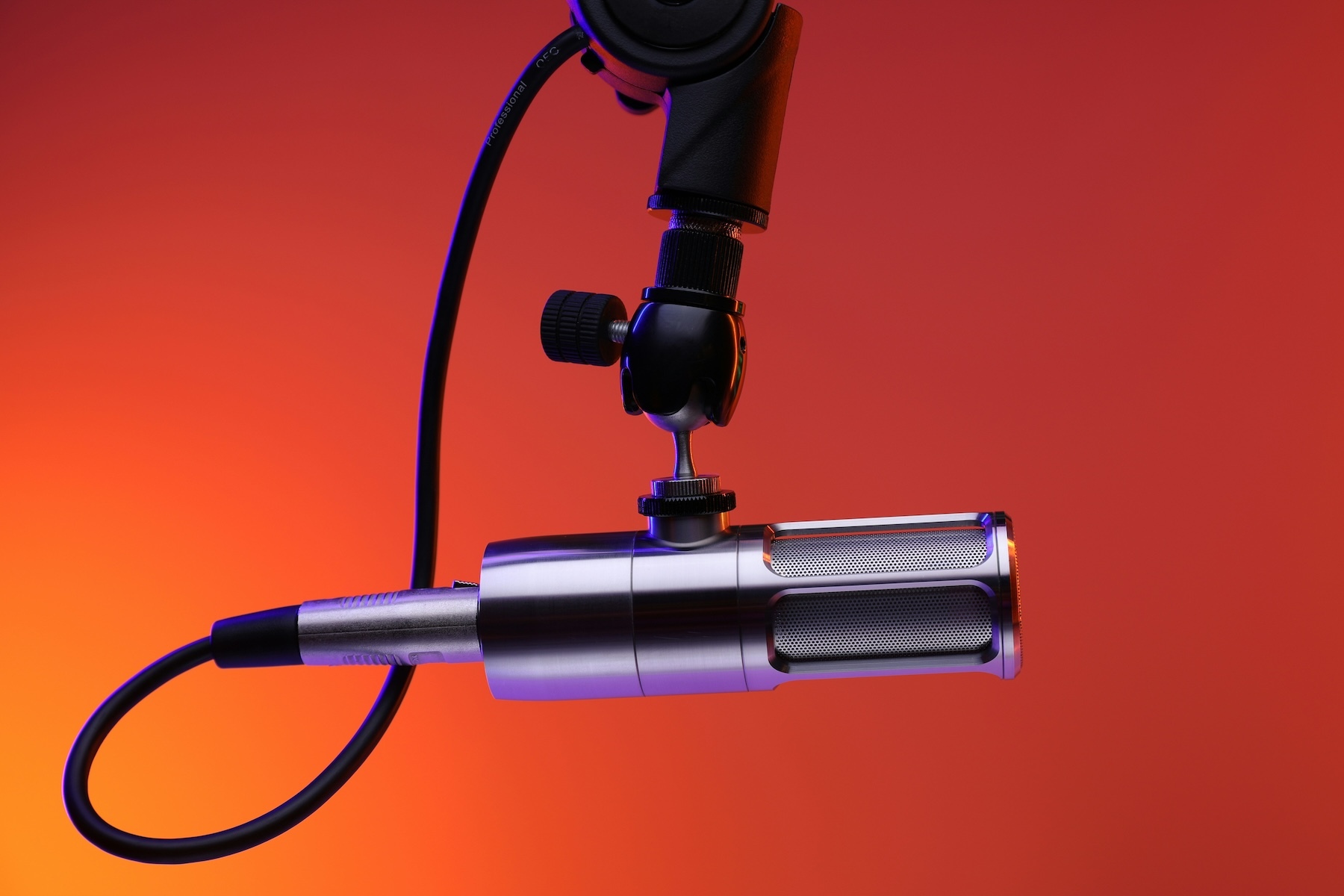- cross-posted to:
- [email protected]
- cross-posted to:
- [email protected]
[…] being able to say, “wherever you get your podcasts” is a radical statement. Because what it represents is the triumph of exactly the kind of technology that’s supposed to be impossible: open, empowering tech that’s not owned by any one company, that can’t be controlled by any one company, and that allows people to have ownership over their work and their relationship with their audience.
What podcasting holds in the promise of its open format is the proof that an open web can still thrive and be relevant, that it can inspire new systems that are similarly open to take root and grow.



Sounds like my usage is just different to yours. I can’t remember why but I got accustomed to listening to audio at increased speed around a decade ago and slowly cranked it up to the point that now I can follow certain people’s conversations slightly higher than 2x. Only with voices and cadence I’m familiar with though. Any guests on a show can really throw me off.
The silence trimming aspect is a bit absurd honestly. It makes laughter sound almost all the same and robotic; you have to infer where comedic, dramatic, or thoughtful pauses in the speech are; and if there’s a more rapid fire back and forth in the conversation it can be tricky to follow. Although that last point doesn’t happen with podcasts where all the speakers record separately and it’s edited together to be coherent.
If you listen to a lot of shows, with hundreds of hours of episodes, it’s worth dialing up as much as you can stand. Then again, if I didn’t have two dozen podcasts with decades of backlog, I sure wouldn’t be listening at auctioneer pace.